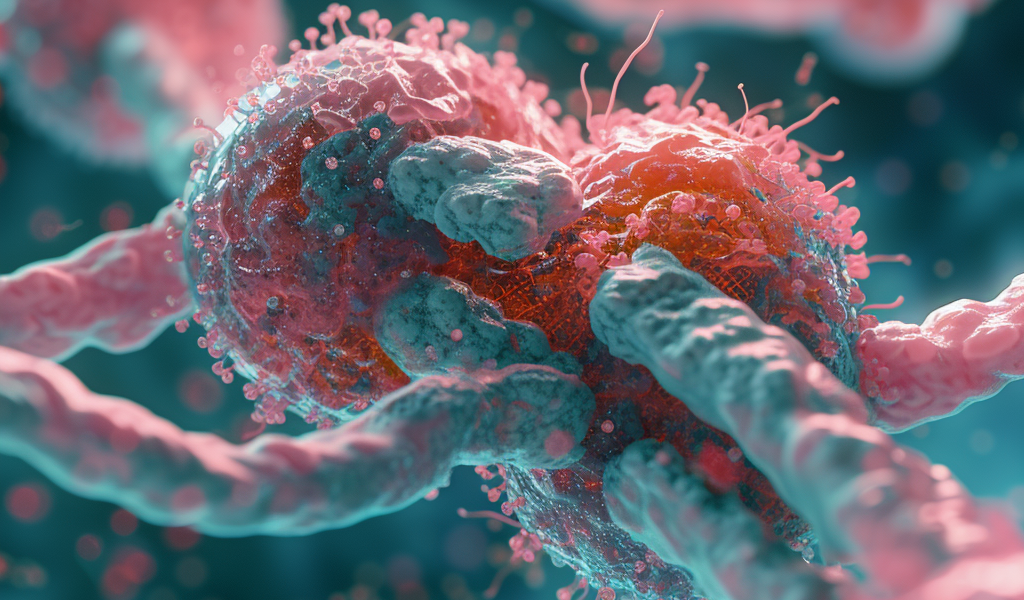Cancer treatment could identify patients most likely to respond to cancer drugs
by Jen Brogan | 1st Feb 2024 | News
Tumours with high mtDNA mutations more likely to respond to Opdivo
Scientists from the Cancer Research UK Scotland Institute and Memorial Sloan Kettering Cancer Centre have discovered a cancer treatment that can identify patients who are more likely to respond to cancer drugs. Funded by Cancer Research UK and published in Nature Cancer, the study reveals new ways to identify patients who could benefit most from immunotherapy testing for mitochondrial DNA mutations (mtDNA).
Researchers rewired the DNA of the mitochondria – energy factories found in living cells – to determine cancer responses to treatments that harness the body’s natural defences to attack cancer cells. Found in up to 50% of all cancers, mtDNA mutations cause mitochondrial dysfunction, which affects adenosine triphosphate levels – the source of energy for use and storage at the cellular level – as well as other cellular processes, leading to neuronal loss.
Researchers found that tumours with high levels of mtDNA mutations were up to two and a half times more likely to respond to treatment with the immunotherapy drug Opdivo (nivolumab). Bristol Myers Squibb’s Opdivo works by releasing a brake on the immune system to attack cancer cells and is currently used to treat several different cancers, including melanoma, lung cancer, liver cancer and bowel cancer.
Scientists believe that they could routinely test for mtDNA mutations to help doctors identify which patients will benefit most from immunotherapy before starting. Findings also suggest that combining treatments that mimic the effect of mtDNA mutations with immunotherapy could make treatment-resistant cancers sensitive to immunotherapy, increasing the chances of successful treatment for multiple types of cancer.
Now the subject of a patent filed by Cancer Research Horizon, the technology behind the discovery is currently in the process of being brought to market to allow new treatments to be developed to disrupt the energy sources cancer uses to spread and grow. Dr Iain Foulkes, executive director, research and innovation, Cancer Research UK and chief executive officer, Cancer Research Horizons, said: “Through… Cancer Research Horizons, we’re planning to accelerate this discovery into the clinic and ensure as many patients as possible can benefit.”
Tags: Bristol Myers Squibb, Cancer Research UK, Cancer Research UK Scotland Institute, Memorial Sloan Kettering Cancer Centre, mitochondrial DNA mutations, nivolumab, Opdivo
Related posts: Study reveals SARS-CoV-2 can infect dopamine neurons causing senescence, Feb 2, 2024; NHS launches BRCA testing programme for peop





